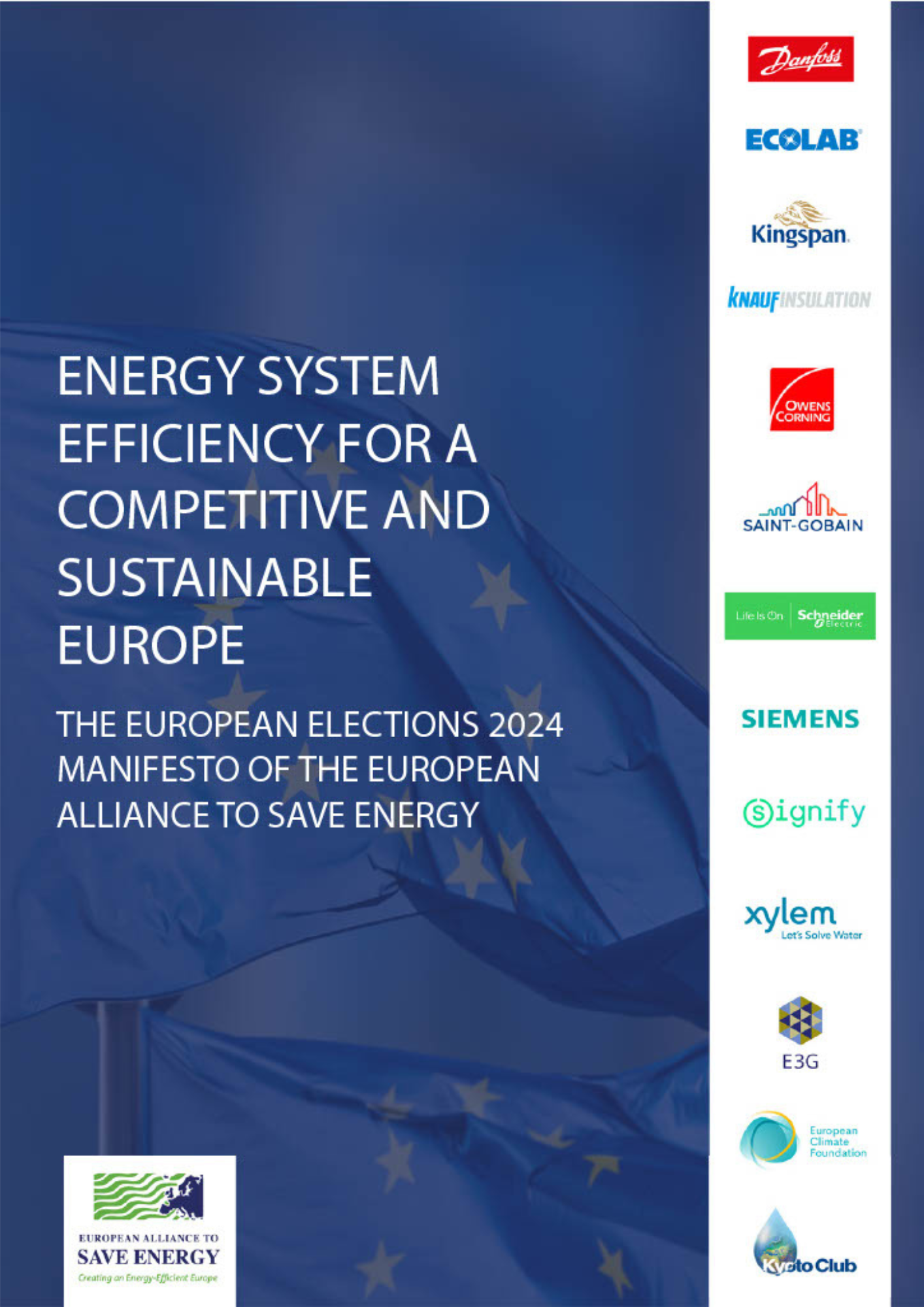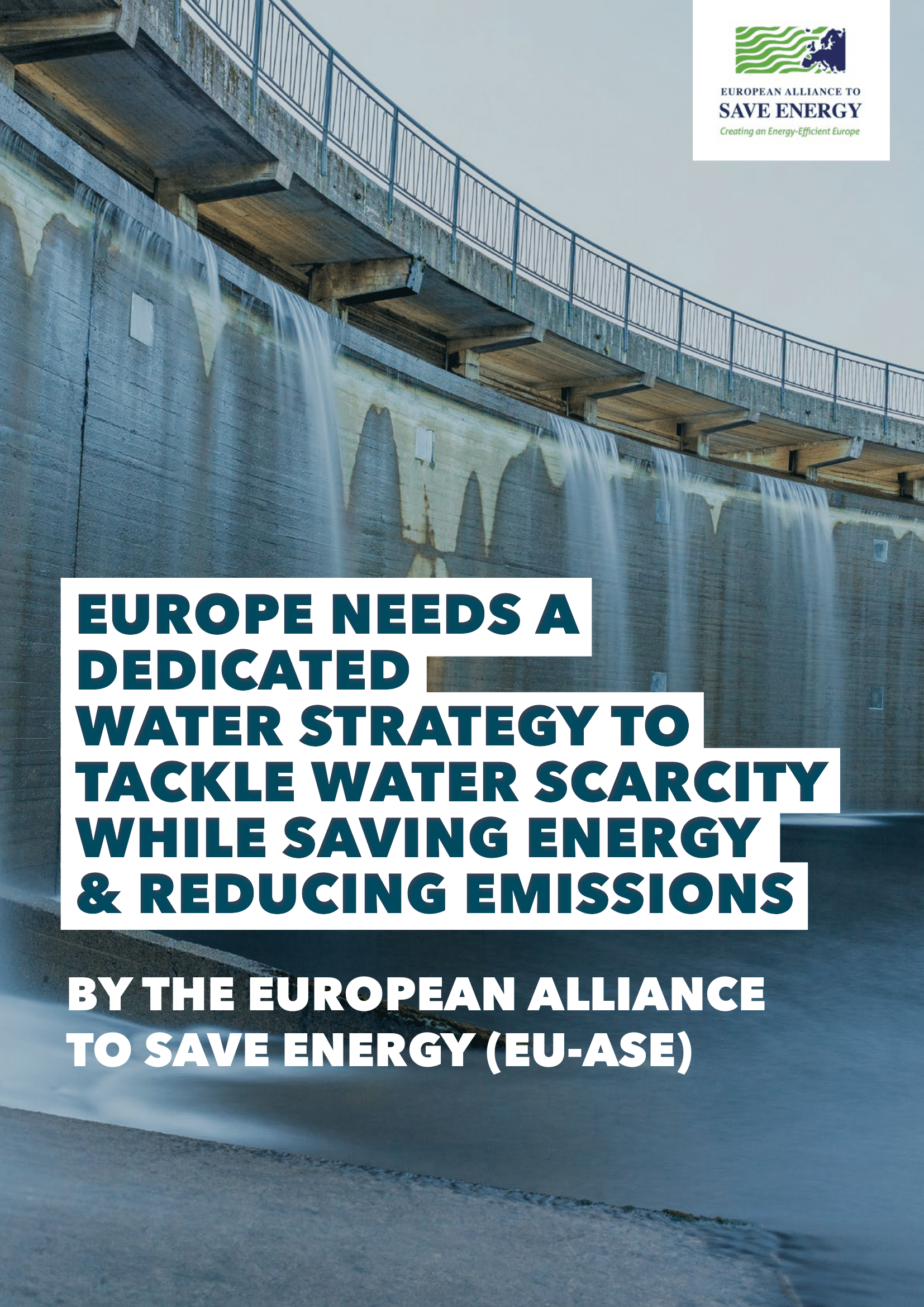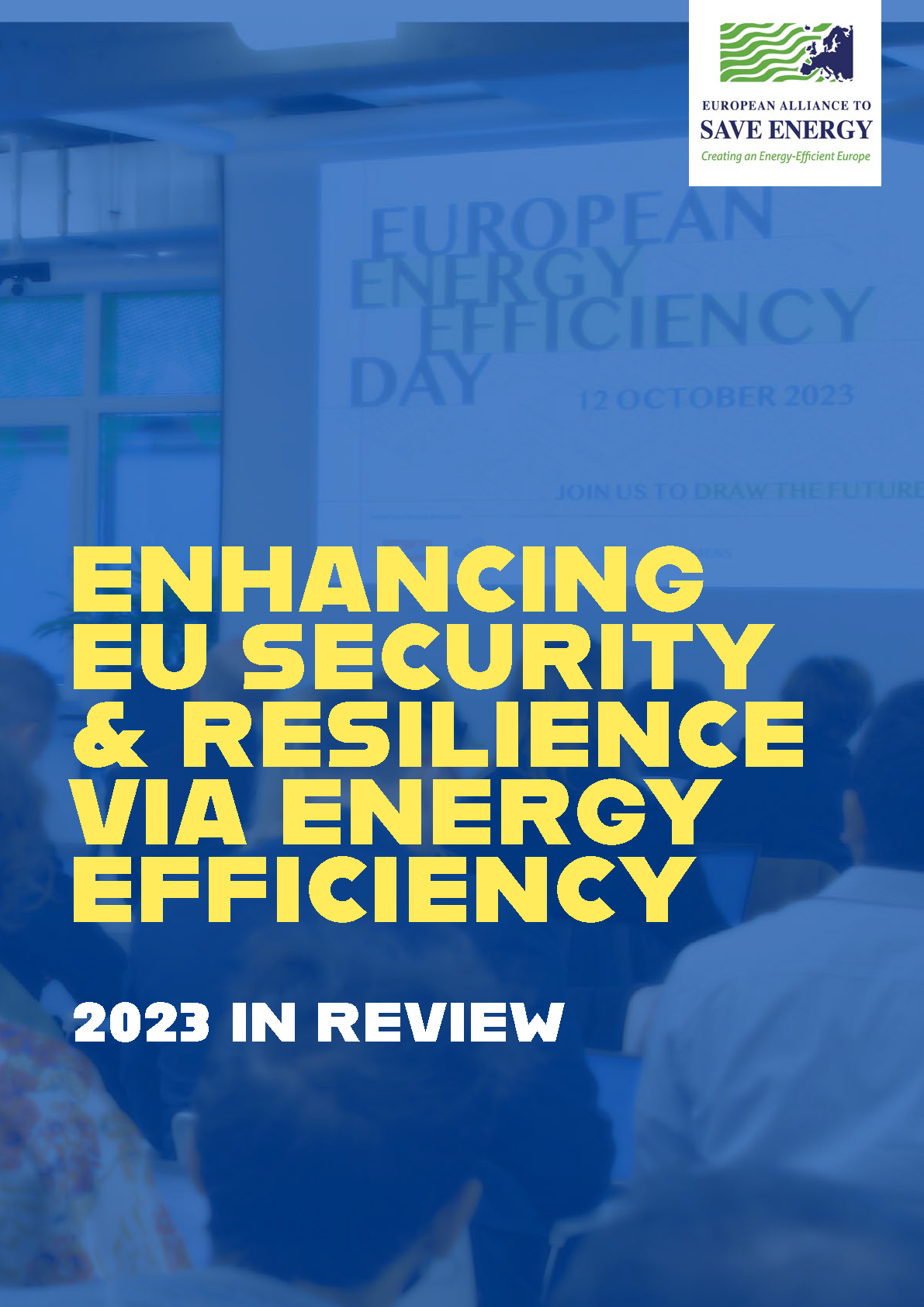EU-ASE Welcomes the final approval of the EPBD

Today’s final approval of the EPBD by the Council marks an important step in the finalisation of the Green Deal. Despite the significant weakening of its original scope and ambition throughout the legislative process, this Directive demonstrates the continued commitment of the EU and its Member States to improving energy efficiency and sustainability in the buildings sector.
The revised EPBD introduces measures aimed at accelerating the transition to zero-emission buildings and improving the overall energy performance of the EU building stock. All new buildings in the EU will be required to be zero-emitting from 2030, with public buildings leading the way from 2028.
The final agreement does not include a mandate for harmonized energy performance certification across Member States, as originally proposed by the European Commission and supported by the European Parliament. Instead, each country will continue to use its own energy performance certificates (EPCs). While this is an unwelcome departure from the original harmonisation proposal, the agreement still underlines the importance of empowering consumers to make informed choices and incentivising energy-efficient investments.
Member States will have to renovate 16% of the worst performing buildings in the non-residential sector by 2030, rising to 26% by 2033. Member States have the flexibility to choose whether to achieve reductions in primary or final energy consumption. For the residential sector, Member States are required to set a national trajectory to reduce the average primary energy consumption of buildings by 16% by 2030 and by 20-22% by 2035. In particular, 55% of this reduction is expected to come from the renovation of the worst performing residential buildings. In addition, Member States have the flexibility to exempt certain categories of buildings, including historic and agricultural buildings, recognising their characteristics while ensuring that energy efficiency remains a priority.
Monica Frassoni, President of European Alliance to Save Energy, said: “While we welcome these achievements, especially in the current volatile and uncertain political and economic context, it is important to recognise the challenges that lie ahead. Swift and robust implementation of the revised EPBD will be critical to realising its full potential.”
Read the full press release here.
Media contact:
Luigi Petito
Head of Secretariat
info@euase.eu
About us
The European Alliance to Save Energy (EU-ASE) is a cross-sectoral, business-led organisation that ensures that the voice of energy efficiency is heard across Europe. EU-ASE members have operations across the 27 Member States of the European Union, employ over 340.000 people in Europe and have an aggregated annual turnover of €115 billion.



